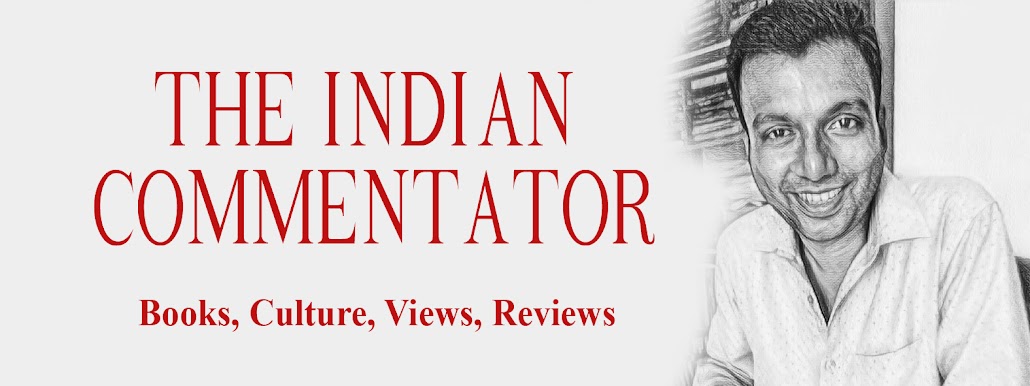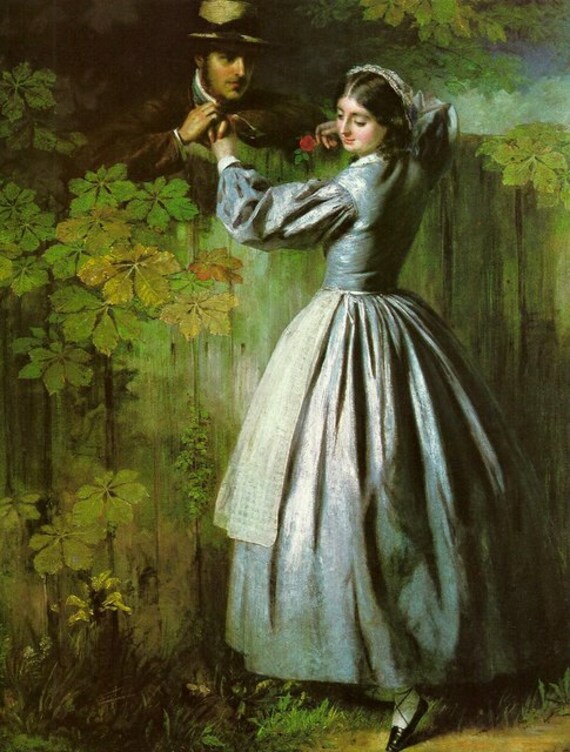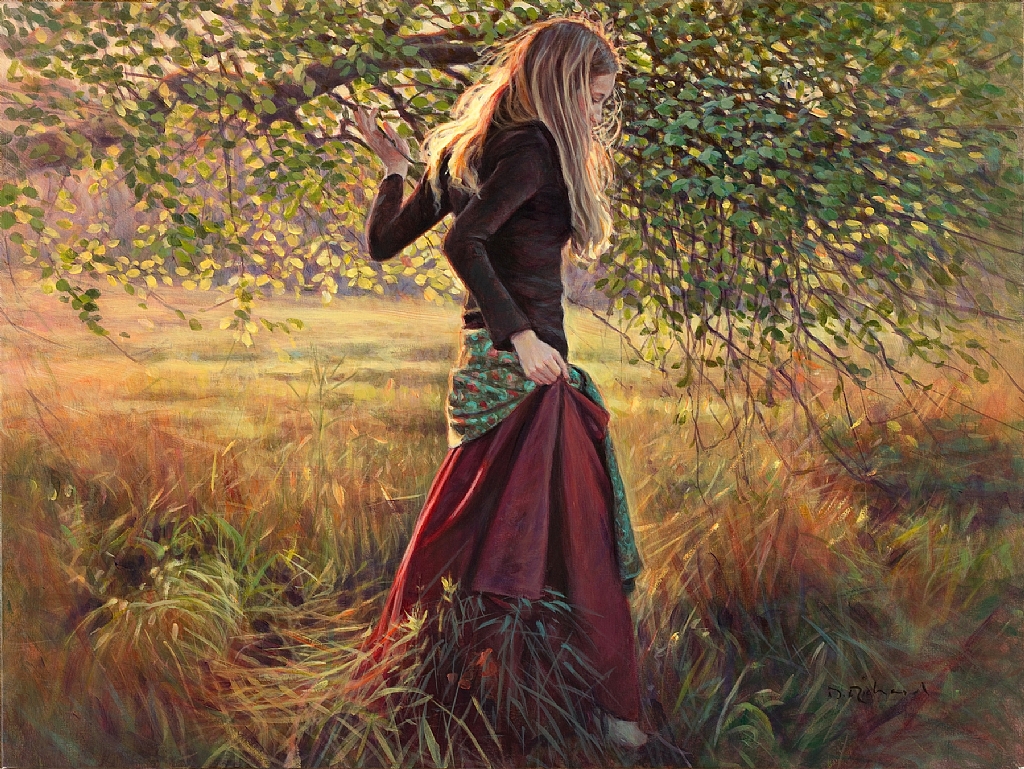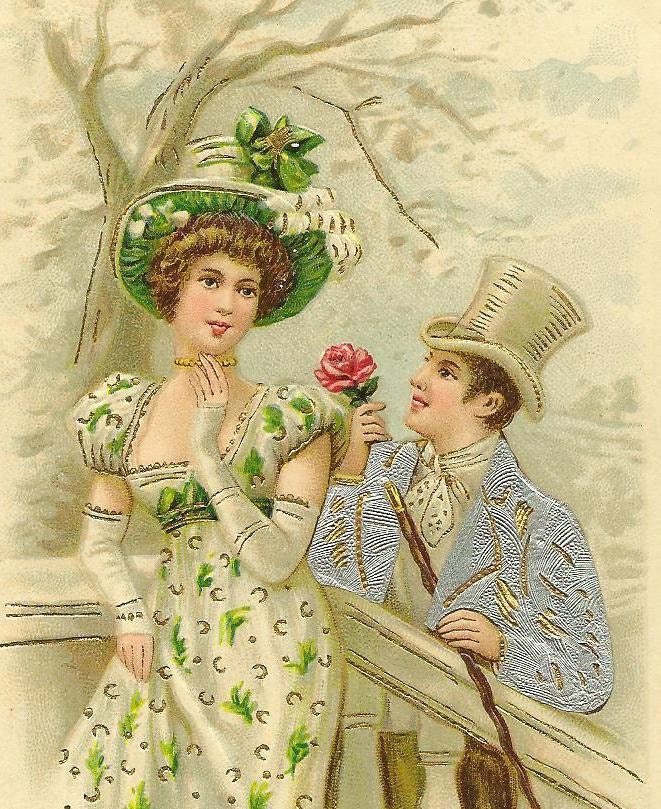: Rediscovering Oneself in Marriage.
 If you could put
another story or two together, we could even go for a print version of the
same. She reminded me. I wasn’t planning for this book at all. The idea
appealed to me. This is how the crucial thought regarding the birth of You Should Know How I Feel appeared.
This thought made its impression upon several other thoughts and three more
stories came into existence. The story of Rukhsana and her husband remains on
the top of the list, because they gave birth not just to a new idea, but also
this book.
If you could put
another story or two together, we could even go for a print version of the
same. She reminded me. I wasn’t planning for this book at all. The idea
appealed to me. This is how the crucial thought regarding the birth of You Should Know How I Feel appeared.
This thought made its impression upon several other thoughts and three more
stories came into existence. The story of Rukhsana and her husband remains on
the top of the list, because they gave birth not just to a new idea, but also
this book.
 Does inter-faith
or interreligious marriage function effectively in the long run? What would
inter-faith married couples do about their children’s faith? How would they
reconcile with their families, if at all such a remedial measure were possible?
All these questions puzzle Rukhsana and her husband at a crucial turn in their
life. They are about to have a miraculous encounter, but their fate takes them
on another route, a path of conflicting thoughts and frustrating power
structures.
Does inter-faith
or interreligious marriage function effectively in the long run? What would
inter-faith married couples do about their children’s faith? How would they
reconcile with their families, if at all such a remedial measure were possible?
All these questions puzzle Rukhsana and her husband at a crucial turn in their
life. They are about to have a miraculous encounter, but their fate takes them
on another route, a path of conflicting thoughts and frustrating power
structures.
 Then I read about
a short story submission over Facebook. I didn’t expect, this would turn out to
be an opportunity for me. I started reworking on the story. The story of Rukhsana
and her husband was so powerful that it had never left me. Everything was
clear, still in my mind. I took the liberty to take the story to their past,
into their college life as well to see how they met for the first time and how
deep their passion for each other was. A proof for their passion for each other
can be seen at the end of the story. A surprising character will reveal it to
you, the person who wrote “Rukhsana’s Husband”, in real life clothed in
fiction.
Then I read about
a short story submission over Facebook. I didn’t expect, this would turn out to
be an opportunity for me. I started reworking on the story. The story of Rukhsana
and her husband was so powerful that it had never left me. Everything was
clear, still in my mind. I took the liberty to take the story to their past,
into their college life as well to see how they met for the first time and how
deep their passion for each other was. A proof for their passion for each other
can be seen at the end of the story. A surprising character will reveal it to
you, the person who wrote “Rukhsana’s Husband”, in real life clothed in
fiction.
You Should Know How I Feel started as a suggestion from my
editor. I sent her a slightly long manuscript of my short story “Rukhsana’s
Husband”. I had assumed, as I finished the story that it was long enough to
cross the qualification criteria for Kindle Direct Publishing (KDP). She said,
“Rukhsana’s Husband” is good enough too. I wasn’t much confident about the
story, but the seeds of discontent regarding its performance were washed away
by her encouraging remarks.
 If you could put
another story or two together, we could even go for a print version of the
same. She reminded me. I wasn’t planning for this book at all. The idea
appealed to me. This is how the crucial thought regarding the birth of You Should Know How I Feel appeared.
This thought made its impression upon several other thoughts and three more
stories came into existence. The story of Rukhsana and her husband remains on
the top of the list, because they gave birth not just to a new idea, but also
this book.
If you could put
another story or two together, we could even go for a print version of the
same. She reminded me. I wasn’t planning for this book at all. The idea
appealed to me. This is how the crucial thought regarding the birth of You Should Know How I Feel appeared.
This thought made its impression upon several other thoughts and three more
stories came into existence. The story of Rukhsana and her husband remains on
the top of the list, because they gave birth not just to a new idea, but also
this book.
Rukhsana and Mr.
Matthew are husband and wife. They are from two different religions. Mr. and
Mrs. Matthew are real individuals clothed in the language of fiction. They have
done things successfully in their life together, things important and silly
occasionally. During the span of this short story, they appear to be dealing
with one of the worst experiences of their life.
The question I put
in front of them is; can love between two people survive during an intellectual
battle? One of them is torn between love and religion and the other is
oblivious of this struggle, ready to do anything for their love. They answered
my question bravely. Although I suspect the ingenuity of their initial decision
about religion, I am sure, what they chose for each other at the end cannot be
any other way around. How to end the harrowing situation was extremely simple.
 Does inter-faith
or interreligious marriage function effectively in the long run? What would
inter-faith married couples do about their children’s faith? How would they
reconcile with their families, if at all such a remedial measure were possible?
All these questions puzzle Rukhsana and her husband at a crucial turn in their
life. They are about to have a miraculous encounter, but their fate takes them
on another route, a path of conflicting thoughts and frustrating power
structures.
Does inter-faith
or interreligious marriage function effectively in the long run? What would
inter-faith married couples do about their children’s faith? How would they
reconcile with their families, if at all such a remedial measure were possible?
All these questions puzzle Rukhsana and her husband at a crucial turn in their
life. They are about to have a miraculous encounter, but their fate takes them
on another route, a path of conflicting thoughts and frustrating power
structures.
I have written
this story with great expectations. It came to me first, about six months back.
I wrote about seven pages of it, during the spare time at my college, using a
computer in the lab. I typed it as Google Document, so that I don’t need to
carry it in my thumb drive. Then, as my sister’s marriage approached, I could
not go on working with the story. The atmosphere at college too was getting
hectic. My busy schedules kept me away from finishing the story. A bad habit of
mine, starting many projects on the way to the completion of another made
serious claims upon whatever time I could save for writing. So “Rukhsana’s
Husband” dragged on.
 Then I read about
a short story submission over Facebook. I didn’t expect, this would turn out to
be an opportunity for me. I started reworking on the story. The story of Rukhsana
and her husband was so powerful that it had never left me. Everything was
clear, still in my mind. I took the liberty to take the story to their past,
into their college life as well to see how they met for the first time and how
deep their passion for each other was. A proof for their passion for each other
can be seen at the end of the story. A surprising character will reveal it to
you, the person who wrote “Rukhsana’s Husband”, in real life clothed in
fiction.
Then I read about
a short story submission over Facebook. I didn’t expect, this would turn out to
be an opportunity for me. I started reworking on the story. The story of Rukhsana
and her husband was so powerful that it had never left me. Everything was
clear, still in my mind. I took the liberty to take the story to their past,
into their college life as well to see how they met for the first time and how
deep their passion for each other was. A proof for their passion for each other
can be seen at the end of the story. A surprising character will reveal it to
you, the person who wrote “Rukhsana’s Husband”, in real life clothed in
fiction.
More excited I
feel, waiting for the result. The result of my hard work comes out when the
book is released, through readers’ comments. I am rather hopeful that you’d
like these two characters and their story. I narrating their story, told to me
by the person I mentioned at the end of the previous paragraph. I spent a great
time with these lovely people and I enjoyed it.
They’ll be guests
in your heart, they’ll love you.
###
Visit the Facebook book page, for more.











